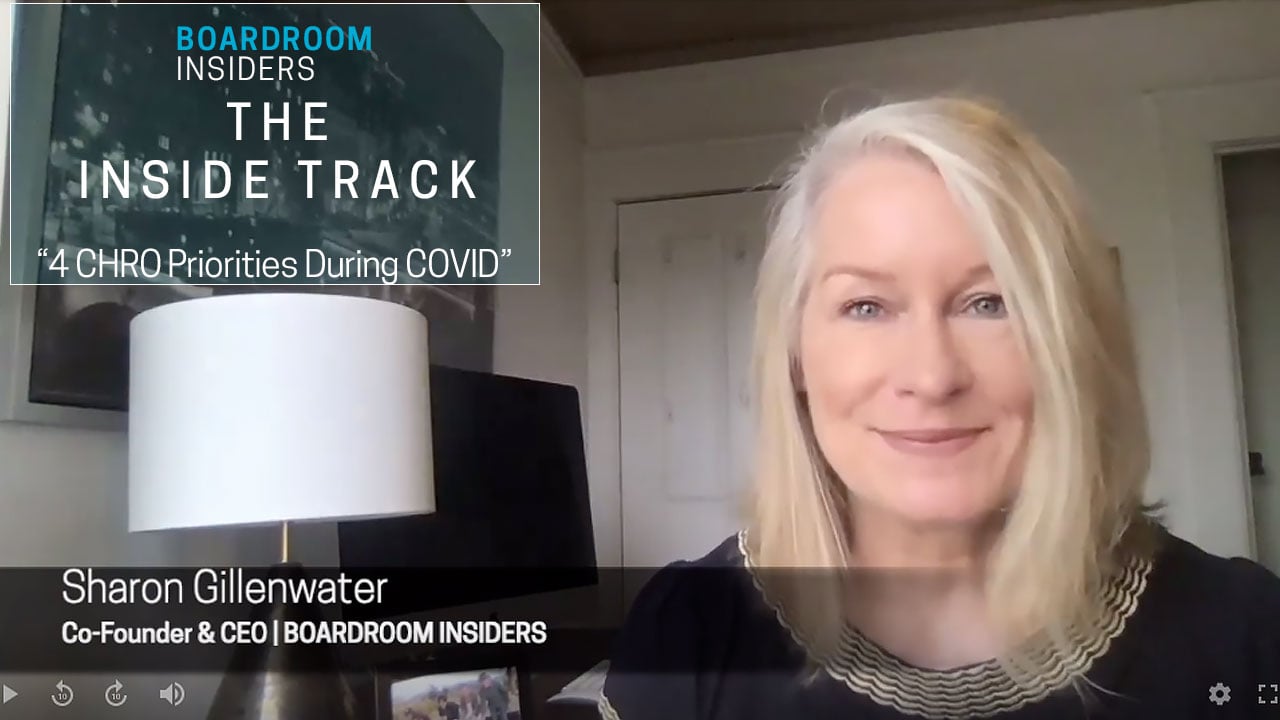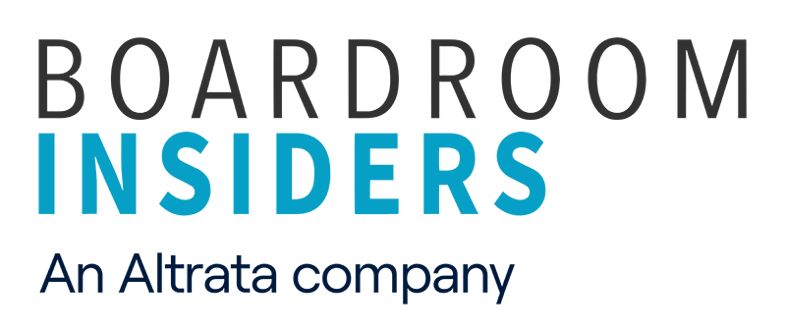When it comes to their employees, companies, on average, have done a pretty good job of adapting to the new normal.
A recent McKinsey & Company survey of more than 800 employees across the U.S. found that 78% felt their organization has responded to the crisis appropriately. About 80% believe leadership has acted proactively to protect their health and safety, and 77% indicate that they have the necessary information to plan and adjust.
That has a tangible impact on employee and company performance. Employees who say their organizations have responded well are four times more likely to be engaged in their work and six times more likely to report a positive state of well-being. That’s lending credence to a new scientific hypothesis that our natural human tendency is not fight or flight, but rather “flight and affiliation,” meaning that, in crisis, we gravitate toward individuals and situations that feel safe and familiar.
So first things first, hats off to companies that have focused their emergency response in a way that puts employees front and center. It will undoubtedly pay off, in more ways than one.
That said, the job is not done for companies and, specifically, for chief HR officers, the keepers of company culture and stewards of employee engagement and morale. While companies may have done a good job with the initial adjustment to remote work and pandemic conditions, the threat has not yet passed. McKinsey found that more than 80% of employees say the COVID-19 crisis continues to materially affect their daily work lives, and a one-size-fits-all solution isn’t going to cut it.
Chief HR officers understand that, and they’re responding in kind. Our editorial team has been analyzing earnings calls and executive interviews for months now, monitoring fast-changing priorities and emerging trends. In our review of recent comments from CHROs, we’ve noticed four defining priorities as we square ourselves with the fact that COVID-19 isn’t going anywhere anytime soon.
We’ve included those priorities below. For more information and insight, the Boardroom Insiders platform contains full profiles on each of our quoted executives and, for BI PRO users, offers the ability to conduct your own analysis of groups of executives and the priorities setting their agendas now and in the future.
Priority #1: Chief HR officers are forging strong relationships with CIOs.
Technology is fundamental to the success and long-term viability of remote work. That has made CIOs invaluable to the work of CHROs, and it works best when it’s a partnership.
CHROs have a direct line into what employees want and need, and CIOs can put those needs into action. As it becomes clear that work-from-home is no longer a temporary reality, that partnership will be invaluable to ensuring employee effectiveness and satisfaction. “Changes are hitting your people in widely diverging (and sometimes unexpected) ways. Some are struggling, and some are thriving,” according to McKinsey. “Use a combination of science, technology, data, and analytics to segment your employees like you would your customers, and tailor interventions to support them in personalized and meaningful ways.”
Priority #2: HR leaders are the keepers of the culture — and culture has never been more important.
As a result, CHROs are advising senior leaders on how to lead with empathy, vulnerability and awareness. We particularly like the way Tanuf Kapilashrami, group head of human resources at Standard Chartered Bank, put it: “The days of macho leaders are absolutely over,” she said. “The leaders I see who are coping best with this crisis are those who have a level of vulnerability. That has been considered an undesirable trait for too long in the corporate world. It’s about having not just vulnerability but also empathy, creativity and an acceptance of the fact that we don’t have all the answers.”
Priority #3: HR leaders are focused on the importance of employee recognition.
People rose to the challenge of working from home. They learned how to use new tools. They figured out how to keep the business running, and many companies saw new levels of ingenuity, innovation and productivity in their workforce. But now that the novelty has worn off, companies are trying to figure out how to keep up the momentum. Recognition is an effective tool, and HR leaders are thinking creatively about what types of rewards are most meaningful as the threat of employee burnout becomes very real. And, as McKinsey’s survey reveals, that recognition doesn’t always have to be financial to be meaningful. Companies can achieve a 55% improvement in engagement by offering work recognition in ways that don’t involve financial rewards.
Priority #4: HR leaders are exploring new ways to support employees’ mental and physical health.
We’ve seen that trend growing substantially in recent years, with an increased focus on employee wellness programs, fitness challenges, etc. But the need has grown exponentially in light of the pandemic. Uncertainty and worry about family, health, jobs, financial security, and civil and political unrest are taking a toll on workers, leaving them mentally, emotionally and physically exhausted. HR leaders are responding with virtual wellness offerings like fitness classes, counseling meditation apps, and even free virtual summer camps for employees’ children. Twitter, for instance, is rolling out Camp Twitter, a free, virtual, eight-week program that will offer cooking lessons, yoga classes and music sessions for children of employees. Likewise, Sun Life U.S. is partnering with Boston Children’s Museum to give its employees access to a virtual summer program that includes learning modules for children ages 4 to 10. “We understand that keeping young children occupied at home has been challenging for our employees during the pandemic, so we want to help by providing something that will entertain and engage kids and the whole family,” said Dan Fishbein, president of Sun Life U.S.
See below for more on how CHROs are responding to the ongoing COVID-19 crisis.
What They’re Saying
"Even prior to the lockdown, we have been retooling our people. There has been redeployment because jobs are changing, but that does not mean we cannot teach people new skills in order for them to adapt to evolving times… UnionBank is very much into people transformation. Because technology is driving rapid change, our people need to keep up with that change. When we made a decision to transform digitally, a lot of our processes and ways of working were also altered.”
Michelle Rubio, Chief Human Resource Officer, UnionBank (June 2020)
"This crisis will be remembered as a humanitarian crisis of a scale that we perhaps will never see in our lifetimes again. The companies that will come out of it strongest are companies that have a really differentiated culture and a very clear sense of purpose to unify your workforce, your clients, your partners and stakeholders… The companies that will come out stronger from this crisis will be those that have a strong HR function… The days of macho leaders are absolutely over. The leaders I see who are coping best with this crisis are those who have a level of vulnerability. That has been considered an undesirable trait for too long in the corporate world. It’s about having not just vulnerability, but also empathy, creativity and an acceptance of the fact that we don’t have all the answers. The emergence of vulnerable leadership is a great gift and something that HR professionals will have to really think about as we groom the next generation of leaders.”
Tanuj Kapilashrami, Group Head, Human Resources, Standard Chartered Bank (2020)
"Now more than ever, leaders must appreciate that employees are not robots or algorithms. They are human beings with wants, needs, problems, emotions, ideas and aspirations… Gallup has found a record drop in life satisfaction and a continued decline in overall wellbeing. Leaders should not underestimate the significant physical, emotional, mental, spiritual, social and financial toll the COVID-19 crisis has inflicted… Leaders' words and actions matter to employees, and we should respect sensitivities that may seem extreme to us. During periods of escalated anxiety, more things matter; perhaps everything matters… Leaders who offer hope and engage their employees as people -- the multidimensional individuals that they are -- will be best positioned to understand and address employees' thoughts and fears and aspirations.”
Ed Hodge, Executive VP and CHRO, Trinity Health (July 2020)
“There should be no limits to recognition, as long as it’s genuine. Employers should recognize small wins… Recognition is a really important part of wellbeing… One kind word can change a person’s day.”
Debra Corey, Employee Engagement Consultant, July 2020
“My philosophy and my true belief is, if I’m really respectful of you, I’m going to be very specific to you, and I’m not going to be generic. I’m really going to think about you as an individual and what’s meaningful for you, and that’s what good recognition is all about. It’s also important to remember that it’s different for different people. You know some people like to be recognized publicly, and some others really don’t. Some people want to be recognized with money, and some others less so. So, you must show people the respect of getting to know them to know what’s meaningful to them. Authenticity is everything."
Leanne Hornsey, EVP and Chief People Officer, Palo Alto Networks, Inc. (March 2020)
“Sometimes, even a small gesture can go a long way in helping people feel more connected. For us, sharing photos, stories, and recognition in a dedicated area reminds us that we’re all in this together, and we’ll get through it.”
Ana Maria White, EVP and Chief Human Resources Officer, F5 Networks, Inc. (April 2020)
“We’ve learned that well-being is a serious issue, not just for some workers but for all of us. This crisis has spurred a call to action for organizations to really focus on well-being—not just to invest in well-being programs on the side, but to think about how to integrate well-being into the work itself."
Erica Volini, Principal and Global Human Capital Leader, US, Deloitte Consulting LLP (July 2020)
Trending Right Now
As we head into fall, CHROs have set the following as top priorities for the end of 2020 and beyond:
- Work from home — and facilitating that for the long term.
- Culture, which involves coaching leaders to embrace vulnerability and empathy, while implementing programs that help employees manage their unique struggles and concerns.
- Innovation, and continuing the creative streak that has emerged within many companies over the past few months.
- Employee engagement — a growing priority as employee burnout becomes a very real issue.
- Diversity and inclusion, particularly as the social justice movement continues to impact American society.
- Learning and development, to ensure employees can stay abreast of new skills, trends and technologies in a world that is moving faster than ever before.
Your Next Steps
We all need to be aware of how executive priorities are changing. Marketers should be focused on bringing the latest information to their account teams as it develops. Given that we employ a small army of really smart people to read and parse corporate earnings call transcripts and CXO interviews all day long, we can help by feeding you the latest.
What do you do with this information? Do what you have always done — align and support. Here are the four questions you should try to answer about all of your top accounts:
- How has their strategy/priorities shifted post-COVID-19?
- What are they cutting?
- Where are they investing--or doubling down?
- What can you offer that supports their current focus?






Share Your Thoughts